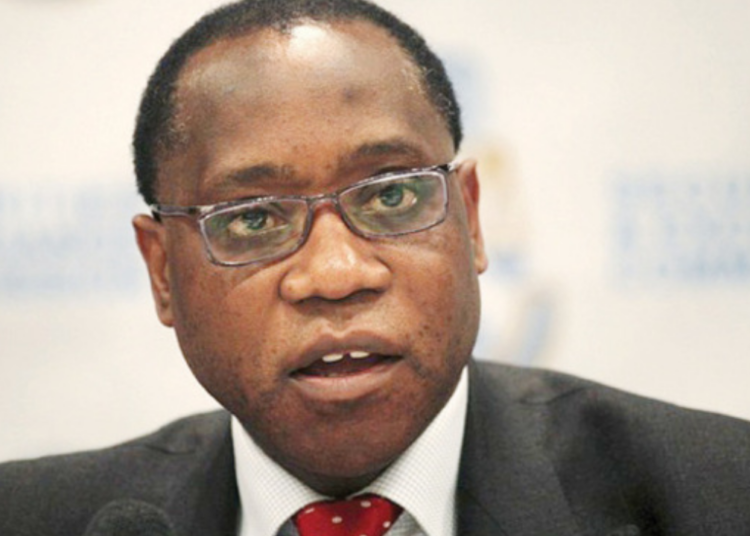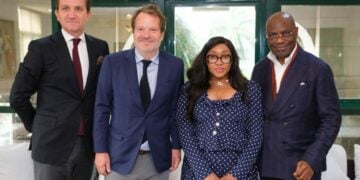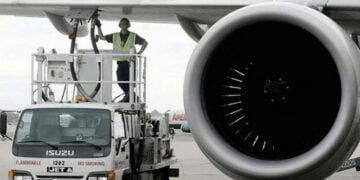Former minister of Industry, Trade and Investment, Mr Olusegun Aganga, has declared that the naira will continue to be weak if Nigeria remains an import-dependent country.
Aganga stated this at the third Adeola Odutola lecture/presidential luncheon alongside the 51st Annual General Meeting of Manufactures Association of Nigeria (MAN), held yesterday in Lagos
Speaking on the theme: ‘setting the agenda for competitive manufacturing, what Nigeria needs to do’, Aganga stressed that, “high energy costs, slow down in industrial output, increase in the number of multilateral ang bilateral trade agreements, and sluggish demand for products generally mean that almost every country is now more focused on competitiveness with competitors now setting the benchmark.”
He stated that, “Nigeria cannot afford to be left behind as it competes with leading importers like China, Germany and export-oriented African countries to meet the demands of consumers in Africa.”
He noted that, “history has shown that Industry Multiplies National Wealth, creates jobs, is critical for exchange rate and balance of payment management and would make the naira stronger. What is the wisdom in spending billions defending the naira when it continues to fall instead of investing in genuine manufacturers and exporters of high-value products that would earn Nigeria foreign income and more?
“After all, we know that the naira will continue to be weak if Nigeria remains an import-dependent country and does not produce for local consumption and more importantly for export. Unlike the trillions spent on subsidies, bailouts, the Agric Anchor Borrowers program, the refineries, I can assure that every Naira, no matter how large, that is well spent on strategic industrial sector can be easily recovered and well deliver tremendous benefits to the economy and the nation.”
Aganga further said, embracing competitive manufacturing under the African Continental Free Trade Area (AfCFTA) is crucial for Nigeria’s economic growth and integration into the global marketplace, saying, “Nigeria may not be able to compete with China now, but by investing in infrastructure, innovation and skilled labour, while addressing trade barriers, the business environment and promoting market access, Nigeria can certainly position itself as the manufacturing hub in Africa.”
Speaking on behalf of the federal government, the executive secretary of Financial Reporting Council (FRC), Rabiu Olowo stated that the government is aware of the implication of some of the recent reforms that have an implication on the economy, especially the manufacturing sector.
He assured that “these effects are only temporary as we envision that these reforms will lead to long term sustainable progress for the country.”
Olowo said: “Nigeria, as we all know, is the most populous nation on the African continent as it plays a crucial role, especially when we talk about the African Continental Free Trade Area.
“There is a need for us as a country to compose ourselves and get ready to take advantage of the AfCFTA agreement, saying that AfCFTA represents a transformative development in African economic integration.
“As of September 2021, it has the potential to create a single market for goods and services across the continent and from passing over 1.3 billion people and a combined GDP estimate of about $3 trillion. For Nigeria to take advantage as the largest economy in Africa, the AfCFTA offers parallel prospects for growth and trade expansion.
“However, to analyse the full benefits of his historic agreement, we must take strategic intervention in the manufacturing sector to enhance our competitive edge.”





